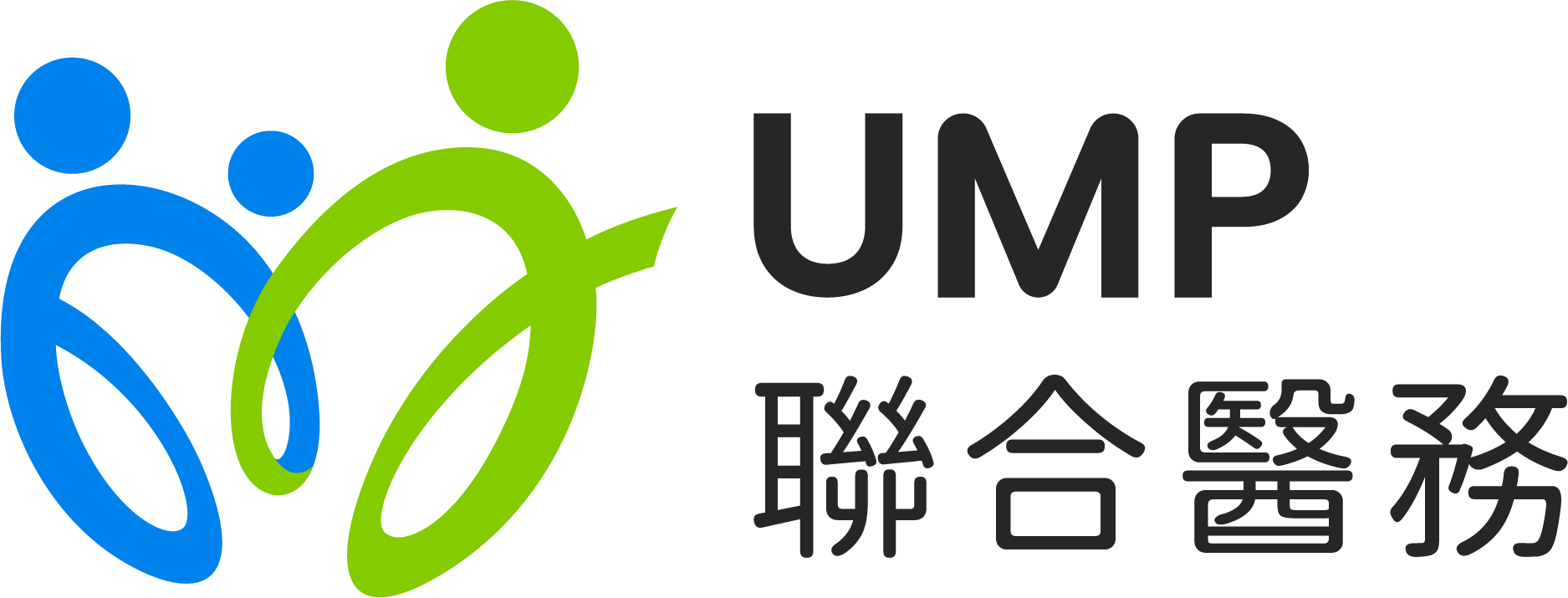GOLDTM Training Programme Helps Raise Mainland Medical Service Standards
As one of the leading medical and healthcare service providers in Hong Kong and Macau, UMP Healthcare Holdings Limited(“UMP” or the “Group”; SEHK stock code: 722) is pleased to have its Executive Director and China President Mr. Felix Lee sharing his views of Hong Kong playing a key role in raising the overall standard of medical services in the Greater Bay Area (“GBA”) in an interview conducted by PricewaterhouseCoopers Advisory Services Limited and commissioned by the Hong Kong Trade Development Council, which is in line with UMP’s vision of “giving everyone access to trusted and affordable care, so that everyone can freely pursue their dreams without worrying about their health.”
Pioneer in launching GOLDTMTraining Programme in mainland China
Leveraging its business base in Hong Kong and its leadership in professional medical services, UMP focuses its new business development on the south China region, particularly the GBA. Taking advantages of its brand, expertise and experience in Hong Kong, UMP has launched the GOLDTMTraining Programme, the first professional training programme for doctors to be run by a private company in mainland China. The content of the training programme is designed by a team of Hong Kong family doctors in accordance with Hong Kong and international standards and is continuously improved to address the actual conditions in mainland China, with a rigorous assessment programme included. It aims at training mainland doctors and enhancing professional knowledge and service capabilities of primary care expertise. The programme has successfully obtained accreditation from the UK’s Royal College of General Practitioners (“RCGP”).
In one and a half year, UMP has been providing training to more than 600 mainland general practitioners including doctors and nurses. The local governments of several cities are interested in adopting the GOLDTMTraining Programme to enhance local primary care. UMP hopes that this will evolve into a training course for the development and continuing education of all doctors in the mainland specialising in primary care. In this way, the programme can continue to raise the standards of primary care in mainland China to meet market demand.
Technological integration leads the future of medical sector
UMP is confident in the development of the medical sector in the GBA and expects to have the GBA as a testing ground for new medical services which are difficult to implement in Hong Kong, as the GBA is more supportive of emerging industries. The Group has started to provide telemedicine services and online outpatient insurance products in mainland China as its preferred market and has also started exploring the application of artificial intelligence (“AI”) and deep learning to help more doctors master teleconsultations based on online‑offline integration. The Group plans to develop related technologies so that more people can have easy access to its medical and healthcare services.
In the shadow of the coronavirus pandemic, relevant organisations in Hong Kong should formulate plans for the application of modern medical technology and more advanced equipment, such as virtual care technology and remote medical guidance to patients. These Hong Kong organisations should also cooperate with their counterparts in the GBA to build a data sharing centre and support the application of AI and deep learning in the two places. In this way, Hong Kong can enhance its role in the development of the medical and healthcare sectors in the GBA leveraging on the professional knowledge of its medical sector.
Looking ahead for future development of the medical sector in Hong Kong, Mr. Felix Lee mentioned, “Innovation is the key to transformation. Hong Kong should review and innovate its city marketing strategies and give greater emphasis to the advantage and value of its ‘biliteracy and trilingualism’ language policy. Appropriate promotional strategies should be formulated from the point of view of business operators. For example, to promote Hong Kong to overseas companies, Hong Kong’s role as an ideal springboard into the China market should be highlighted, while promoting Hong Kong to mainland enterprises, we should highlight Hong Kong’s role as an important bridgehead leading to the international market.
In the field of medical services, Hong Kong should actively prompt local enterprises to update traditional medical services and encourage the public to accept and adopt modern technology to access medical services. Efforts should be made to draw AI and deep learning talents from overseas to Hong Kong to lead local university students and researchers in the application of medical technologies.
In addition, Hong Kong should streamline application procedures to give more effective support to the development of Hong Kong companies. The government can also consider partnering with Hong Kong companies which have expanded into the GBA to offer young people opportunities for internship or work in mainland China and help them understand the mainland market. “Near success” cases such as start‑ups in the GBA can also be shared with young Hong Kong people and let them know that success is achievable.
We hope that the government could strengthen communication with market players and join hands with us to look into ways to make better use of government resources to help the industry grow. In the medical sector specifically, Hong Kong can organise conferences for medical institutions and professionals to bolster exchanges and cooperation between Hong Kong and mainland China. Hong Kong should maintain an open attitude and welcome businesses from all over the world, including those from mainland China, so as to become a centre of business insights in China.”
